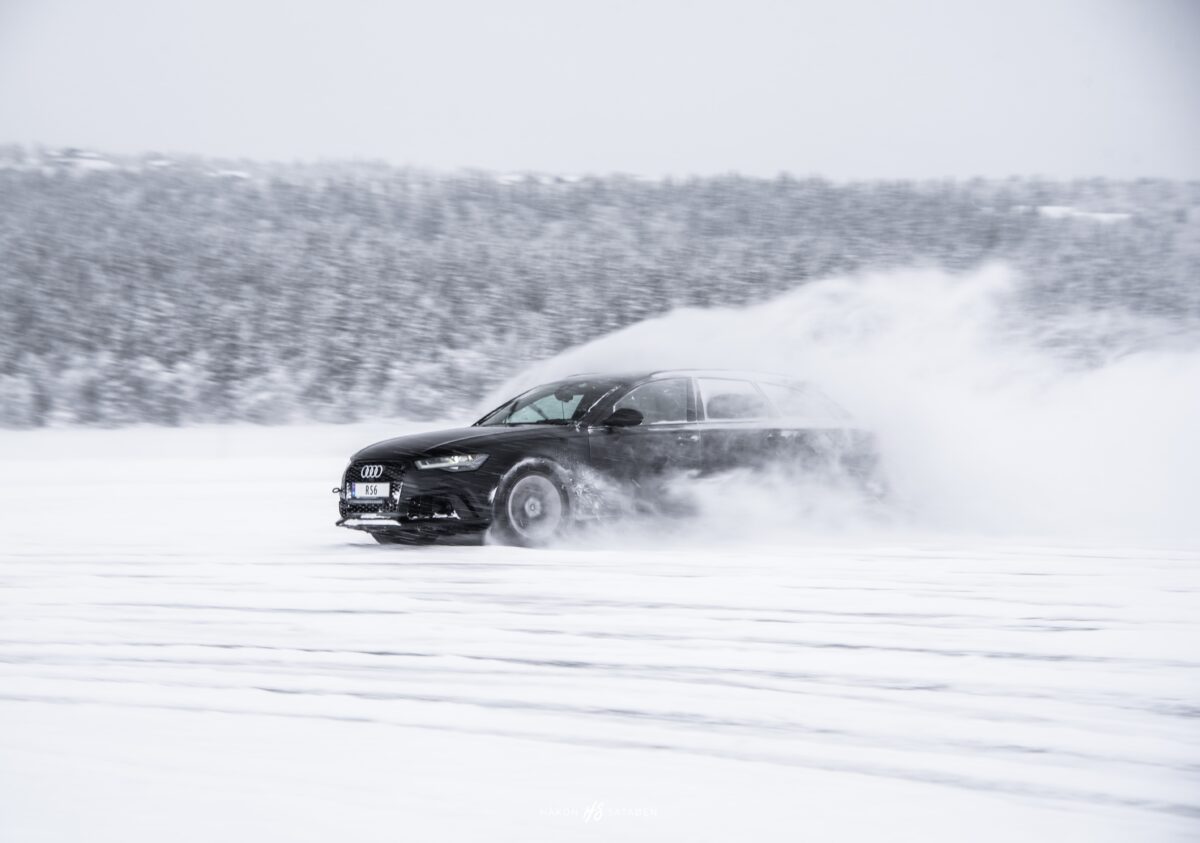Weather conditions can have a significant impact on the car’s performance. Cold, heat, rain, snow, and wind can all affect different parts of the car, including tire pressure, engine performance, and battery life.
Cold
Cold can negatively impact the car’s performance in several ways. Firstly, it can reduce tire pressure. Cold tires are more compressed than hot tires, which can lead to decreased grip and efficiency. It’s important to check tire pressure before each trip, especially during the winter months.
Secondly, cold can reduce engine performance. Engine oil becomes denser in the cold, making it more difficult for the engine to start and run smoothly. It’s essential to warm up the engine before starting to drive, especially if temperatures are very low.
Thirdly, cold can reduce battery life. The battery has to work harder to start the engine in cold conditions, which can shorten its lifespan. Keeping the battery charged during the winter months is important. All the information on preparing your car for winter can be found on auto-doc.fr.
Heat
Heat can also have a negative impact on car performance. Firstly, it can increase tire pressure. Hot tires expand more than cold tires, leading to increased rolling resistance and higher fuel consumption. Regularly checking tire pressure is important, especially during the summer months.
Secondly, heat can reduce engine performance. Engine oil becomes more fluid in heat, which can increase friction and engine wear. It’s important not to overheat the engine by stopping regularly to cool it down.
Thirdly, heat can reduce battery life. The battery has to work harder to power the car’s electrical systems in hot conditions, which can shorten its lifespan. Keeping the car out of the sun during the summer months is important.
Rain
Rain can reduce tire grip on the road, increasing the risk of hydroplaning. It’s important to drive cautiously in the rain and maintain a greater safety distance from the car ahead.
Snow
Snow can reduce visibility and tire grip on the road, making driving more difficult and dangerous. It’s important to drive cautiously in the snow and use winter tires or snow chains if necessary.
Wind
Wind can cause the car to sway, which makes driving more difficult and dangerous. It’s important to drive carefully in strong winds and maintain an increased safety distance from the vehicle ahead.
Conclusion
Weather conditions can have a significant impact on car performance. It is important to be aware of these effects and take steps to mitigate them. By taking the right precautions, you can drive safely in all weather conditions.
Here are some tips for driving safely in adverse weather conditions:
- Regularly check tire pressure, especially during the winter and summer months.
- Warm up the engine before starting to drive in cold conditions.
- Keep the battery charged during the winter months.
- Regularly check tire pressure, especially during the summer months.
- Drive cautiously in the rain, snow, or strong wind.
- Maintain a greater safety distance from the vehicle ahead.
- Avoid driving in extreme weather conditions.
All the information on preparing your car for winter can be found on auto-doc.frAll the information on preparing your car for summer can be found on dekra-norisko.fr


